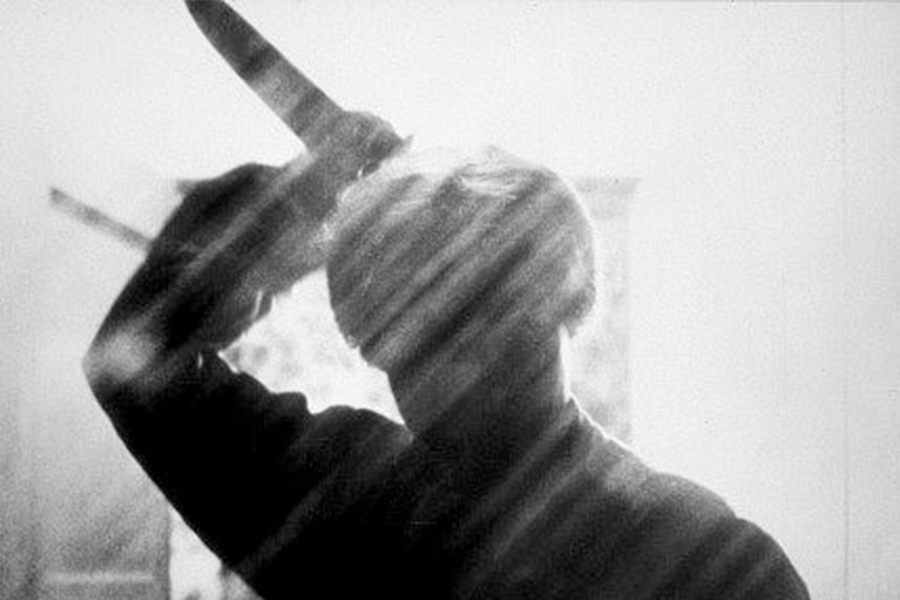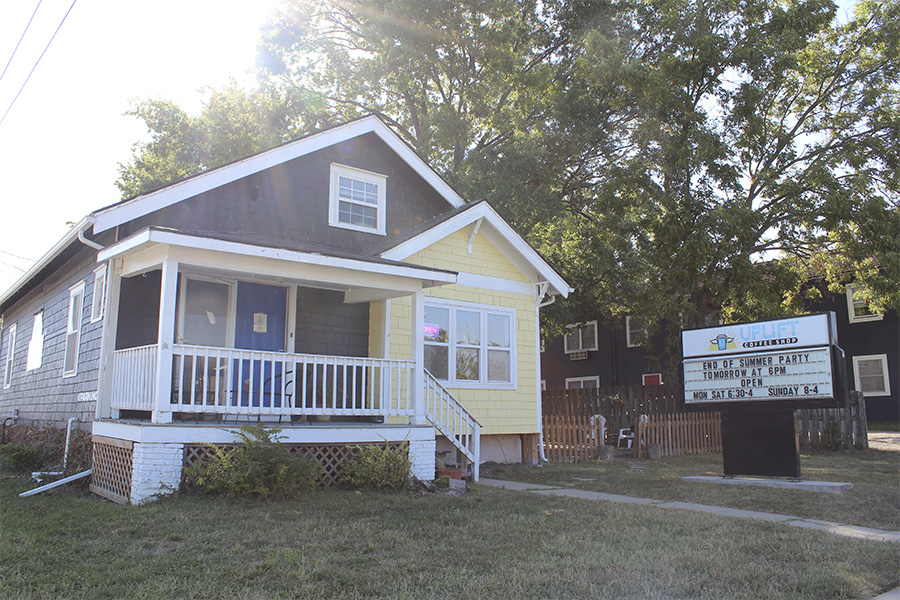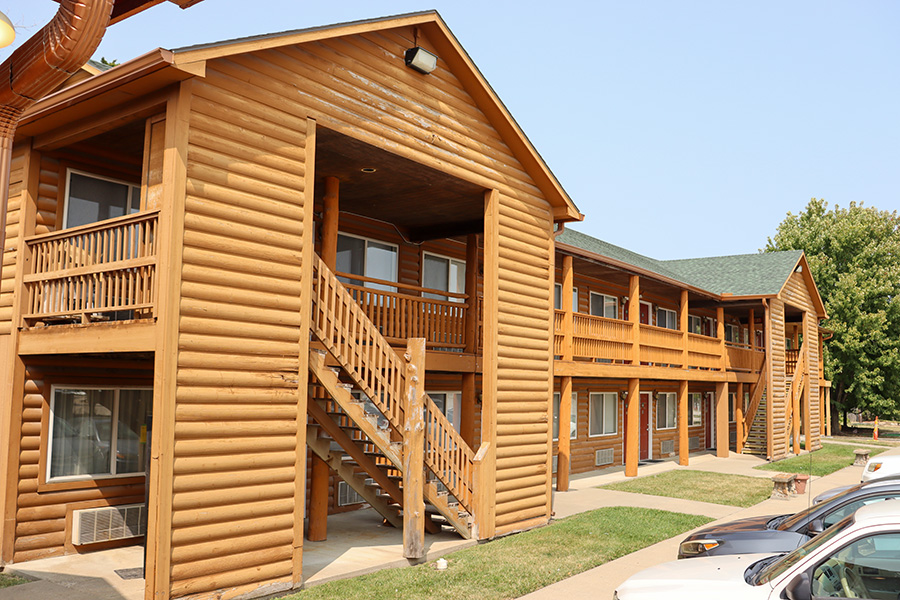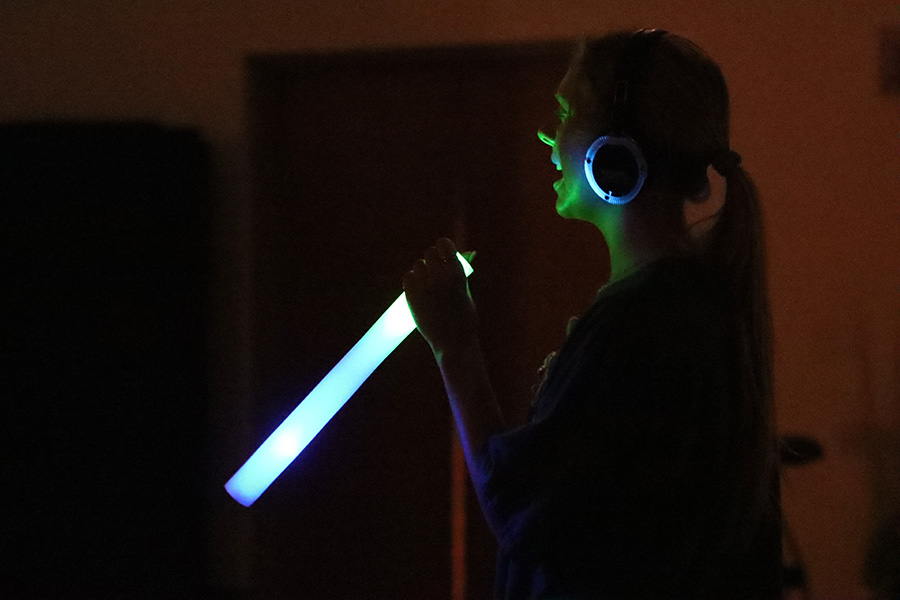02/15/08
To Athletic Director Dan Harris, college is more than a game.
“Sometimes we don’t like to admit it, but a lot of students come to college for athletics,” he said. “And hopefully, they leave with a degree.”
A degree that keeps an average of more than 94.7 percent of Baker University athletes returning after their first semester. Head football coach Mike Grossner said this number doesn’t alarm him.
“I know going way back, my motivation to go to college was to play football. It seems to keep you focused, organized and time management is good,” he said. “Then after a couple of years, you see the light at the end of the tunnel, and realize you’re going to get a degree and finish. Sports in general provide a personal discipline to get in a classroom and study and finish your degree.”
As for the handful of students who leave Baker every year, they take with them a few fond memories of their athletic teams – teams Harris said are key to keeping athletes at Baker.
“When you go to college, I think the first thing that happens is you form bonds because you practice together and spend so much time together,” he said.
Sophomore Levi Calhoun attributes his stay at Baker to the relationships he has formed through athletics.
“If I wasn’t playing football, I would not be going to Baker,” he said.
But still, many athletes do choose to move on.
“We recruit top athletes in high schools, so if they don’t come in satisfied with their role, then they often want to get out of the program,” Harris said.
Judy Smrha, assistant dean of institutional effectiveness, said many factors play into the reasons for athletes leaving the school.
“Coaching personalities change, and the culture of the team changes,” she said. “It can be a huge jump from high school to Baker academics.”But Harris said grades were not a major issue with most of the athletes he has spoken to – especially during season.
“We have found that athletes’ GPA in season is higher than out of season,” he said. “They have to be structured in season.”
Harris also said male athletes at Baker hold the second highest GPA in the National Association of Intercollegiate Athletics conference with a 2.98. William Jewell College male athletes have an average of a 2.99.
“Female athletes tend to have better grades,” he said about the fact that female athletes at Baker rank third in the NAIA with a 3.13 compared to the No. 1 GPA of 3.25.
“We’re required to do study hall and in a lot of sports you’re required to keep a certain GPA to keep your scholarship,” Calhoun said. “Coaches won’t let you play without a good GPA. It helps motivate you.”
But Calhoun said he has known teammates who failed to maintain the required GPA.
“A lot of times, athletes leave because of grades,” he said. “I know a couple of football players who got kicked off the team because of grades.”
The football team is one of the teams with the lowest retention rates.
“The reality is that certain rosters carry a higher percentage of at-risk students,” Smrha said. “When the teams are smaller, it’s easier to prevent.”
Grossner said he’s not worried about the retention of football players.
“Looking at the numbers before I got here, there’s been a drastic change,” he said. “That’s the philosophy of recruiting. In the past, it was to get as many bodies as you can, and that can lead to average athletes, possibly average students.”
Grossner said the football program, as well as other athletic programs, is taking steps to reduce the number of athletes who leave the school.
“We’ve made a really conscious effort to keep a certain number on our roster and retain those guys,” he said. “If you look at it, we’ve averaged maybe a slight increase at semester.”
Regardless of coaches’ efforts, many athletes leave Baker because they are unsatisfied with the program itself.
“I left because the tennis coaching staff didn’t have a whole lot of control,” former student Elaine Arellano said. “I felt like I wasn’t getting better, only worse.”
But Grossner said most athletes leave for a number of reasons.
“It’s more of a social fit at Baker or Baldwin City,” he said. “I haven’t had too many say they don’t like the football program or the players. It’s more something back home, maybe the allure of going home, or failure to apply themselves in the classroom or the love of the game. There’s a lot of hours put into playing a sport, and sometimes athletes lose that desire to play the game.”






